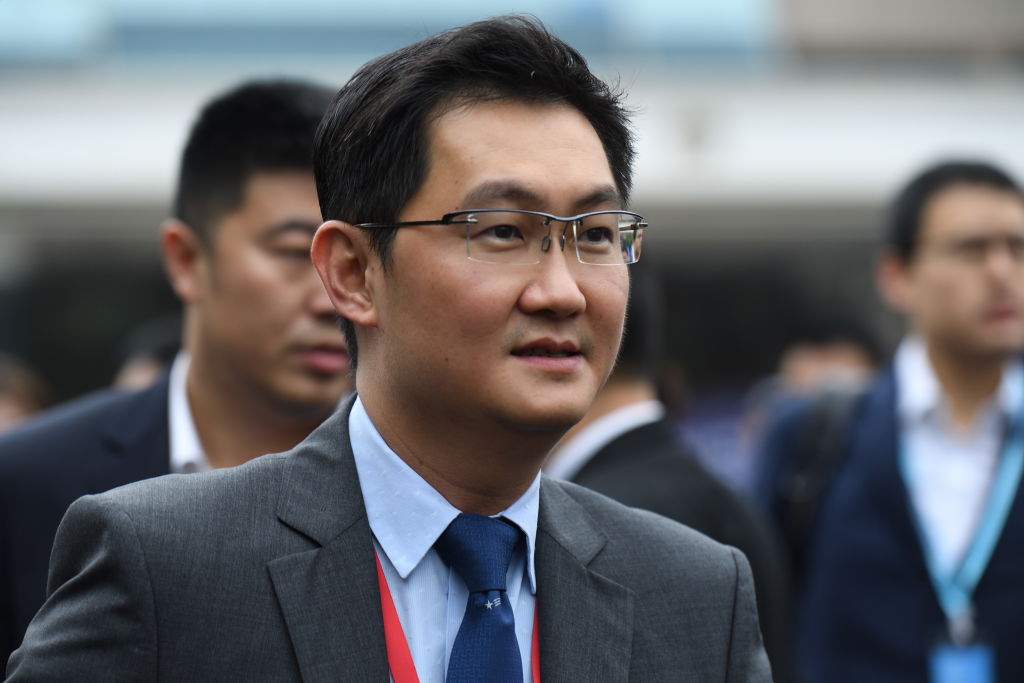This week marked a significant moment in the tech world as Tencent took center stage by unveiling its innovations in chip development. Although it may seem like a departure from its core business areas like video games and social networks, there is a methodical strategy behind this shift, particularly in relation to China’s broader ambitions in semiconductor self-reliance. In this blog post, we’ll explore Tencent’s recent endeavors in chip manufacturing, analyze the implications for its future, and understand its place in a competitive technological landscape.
Tencent’s Entry into the Semiconductor Arena
Tencent’s foray into chip production is not merely a new hobby for the tech giant but rather a calculated response to the evolving dynamics of the tech industry and regulatory pressures. The recent unveiling of three custom-built chips—targeting AI inference, video transcoding, and network interfaces—indicates a strategic expansion designed to bolster their extensive data-handling capabilities. With over a billion monthly users on its WeChat platform, the data challenges faced are monumental.
A Strong Response to Government Initiatives
The timing of Tencent’s chip unveiling comes at a crucial juncture when regulatory challenges plague its gaming unit. In response to the Chinese government’s push towards semiconductor independence, companies like Alibaba and Baidu are also investing in in-house chips. This collective movement signals an urgent recognition that relying on foreign silicon could lead to vulnerabilities.
Tencent’s senior vice president, Dowson Tong, expressed that their AI chip would serve diverse functions, including natural language processing and efficient media processing. Such capabilities are vital for staying competitive within an increasingly censored content environment. Thus, the development of proprietary chips represents Tencent’s adherence to both governmental direction and market necessity.
The Data Dilemma: Balancing Privacy and Profit
Despite Tencent’s push toward custom hardware for enhanced machine learning power, there remains an interesting dichotomy inherent in its data utilization approach. Allen Zhang, WeChat’s architect, has historically been staunch about user privacy, rejecting more invasive data mining for advertising revenue. However, as Tencent rolls out features mimicking successful platforms like TikTok, there’s an apparent shift. The integration of a short video section in WeChat points to a delicate balance between user privacy and opportunities for monetization.
- Potential Growth Areas: Unlike WeChat, platforms like Tencent Video and Tencent News may be more inclined to leverage powerful AI for revenue generation while abiding by China’s stringent content regulations.
- Privacy Considerations: The growth of AI in these sectors will necessitate a re-evaluation of the company’s commitment to user data privacy amidst aggressive market pressures.
Collaborative Future: Beyond In-House Production
Tencent has acknowledged that mastering chip manufacturing alone isn’t sufficient to thrive—strategic partnerships are also vital. By fostering collaborations with both domestic and international semiconductor firms, Tencent aims to build a robust ecosystem. The company’s backing of Shanghai-based Enflame highlights this strategy, as it integrates AI training chips into its operations.
Conclusion
In summation, Tencent’s venture into chip development is a reflection of its internal strategies to align with national objectives while optimizing its vast data management capabilities. As the company navigates through regulatory landscapes and evaluates the balance between user privacy and business growth, its innovations may redefine competitive dynamics in the tech industry. In light of these advancements, we can only expect Tencent to continue evolving, strategically positioning itself for the future of technology.
At fxis.ai, we believe that such advancements are crucial for the future of AI, as they enable more comprehensive and effective solutions. Our team is continually exploring new methodologies to push the envelope in artificial intelligence, ensuring that our clients benefit from the latest technological innovations.
For more insights, updates, or to collaborate on AI development projects, stay connected with fxis.ai.

